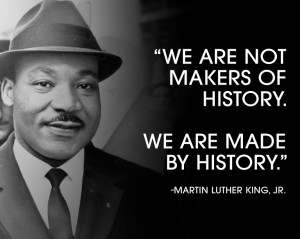
While critical of the Du Bois concept of the “Talented Tenth” of a college educated elite leading the black masses into the promised land, Harrison was even more critical of the accommodationist approach of Washington, which he saw as little more than collaborationist. He examines the protest-oriented philosophy of Du Bois and the less militant, more accommodating approach of Washington to segregation, political disfranchisement, and lynching. Du Bois and the president of Tuskegee Institute, Booker T. Against this background of contending local leaders and intellects in the cultural capital of black America, Harrison will distinguish himself as a preeminent thinker analyzing the philosophical and tactical positions of nationally known black leaders like the Harvard trained historian W.E.B. Bruce, Arturo Schomburg, Cyril Briggs, and others in pre-Marcus Garvey Harlem. In this volume, Perry explores the interaction, cooperation, and conflicts between intellectuals and radicals such as A.

A future second volume will explore Harrison’s life from 1919 through the apex of the Garvey movement and the Harlem Renaissance till his death in 1927. His ability to articulate a coherent philosophy synthesizing essentially a class and racial analysis was unique among Harlem radicals and “soap box orators” on its major thoroughfare of 125th Street. Hubert Harrison emerges as the principal black spokesman for the Socialist Party in its heyday in the early twentieth century. Croix immigrant from the Virgin Islands, was one of the first to combine the divergent strands of socialism and Black Nationalism. Jeffrey Perry’s exhaustive biography of Hubert Harrison elevates the lesser-known Harrison to the stature he so richly deserves as one of America’s most perceptive public intellectuals on the critically intertwined issues of American democracy, race relations, and class structure. Hubert Harrison emerged in the first two decades of the twentieth century as one of the leading voices of Harlem radicals rejecting American claims to an egalitarian democratic heritage and commitment to such a future based on the undeniable persistence of massive racial and class inequalities.

“ One of the many strengths of the Perry biography is the detailed exposition of the transformation of Harrison from a socialist to both a socialist and Black Nationalist.”

“ The Life and Times of Hubert Harrison: A Forgotten Synthesis of African-American Socialism and Black Nationalism,” Review of Hubert Harrison: The Voice of Harlem Radicalism, 1883-1918 by Jeffrey B. This article originally appeared in New Politics. Hubert Harrison: Key Link in the Two Great Trends of the Black Liberation Movement Croix-born activist-thinker named Hubert Harrison emerged on the scene, described as “more race conscious than Randolph and more class conscious than Garvey.” In the first quarter of the 20 th century, the major, competing trends of Black American political thought were already in vivid evidence: Black nationalist and socialist tendencies vied with corporate-backed accommodation.


 0 kommentar(er)
0 kommentar(er)
